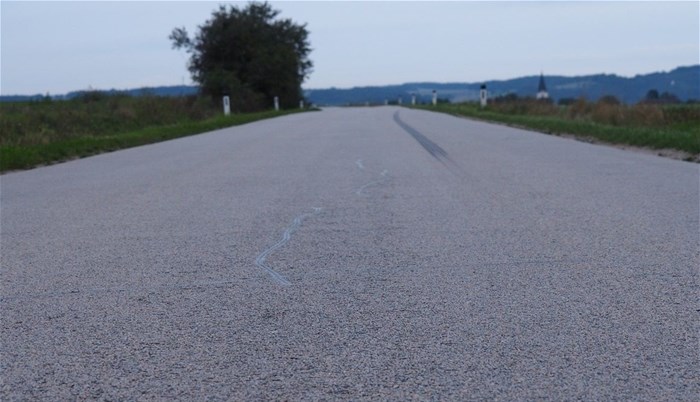Even with expert legal assistance, the process of securing compensation from the Road Accident Fund (RAF) is a time-consuming one.
This is according to Kirstie Haslam, partner at DSC Attorneys, who outlines the steps and time frames involved in the RAF claims process, to make it clear what claimants should expect and why a single RAF claim can take years to finalise.
Evidence collection
She says that the first step is to collect as much evidence as possible in support of your claim.
“Witness statements, medical and police reports and invoices and statements relating to your injuries are all essential bits of information that can add weight to a claim,” she explains.
Lodging the claim
Once all the supporting documents are ready, it’s necessary to complete and submit the appropriate RAF claim forms. Once the claim has been submitted, it’s registered on the official RAF claim system.
RAF investigation
At this stage, Haslam says that the RAF has 120 days in which to investigate your claim. They may request additional information or require that you visit a doctor or specialist they appoint for an assessment of your injuries.
“In practice, the RAF seldom offers a settlement or resolves a claim within the allotted period,” she says. “As a result, it can take weeks or even months longer for a case to progress to the next step.”
Summons to trial
If you haven’t received a settlement offer once the 120-day period has elapsed, your attorney may issue the RAF with a summons stating that you’re pursuing the matter in court. Haslam says that the RAF is then compelled to make an offer or defend its decision in court.
Haslam says that you’ll want an experienced personal injury lawyer in your corner from the outset. If the case does go to trial, you’ll need expert medical testimony to back up your claim. “An experienced, reputable lawyer specialising in RAF claims will have access to the right experts, as well as the appropriate legal know-how,” she explains.
Setting a trial date
Once it’s clear that the matter is to be pursued in court, a trial date must be set. This can be very time-consuming, potentially taking many months. In South Africa, each division of the High Court has different pre-trial procedures to be complied with before a matter will be considered “trial ready”. Only then will a trial date be allocated.
Sometimes, it may be necessary to secure multiple trial dates – for example, if you have to go to court first to establish the liability or negligence aspect of a claim and thereafter the amount of compensation due.
“What usually happens at this point is that the two parties – aided by medical and legal experts – try to negotiate the best possible settlement out of court,” says Haslam.
“If a settlement can’t be reached, the trial takes place and the claim is finalised. “The duration of the trial is influenced by various factors, such as the extent of the issues actually in dispute, availability of Judges to hear the matter, the number of witnesses as well as the availability of key experts.”
Settlement and payment
Because the RAF is currently facing cash flow problems, Haslam points out that it may take time – in some cases, as long as 180 days – after the settlement of your claim for the RAF to pay you the awarded amount. However, she says that your attorney will assist you in holding the RAF liable for interest on any late payments.
Why is legal representation important?
Haslam says fears of high legal fees drive many people to attempt making direct claims against the Road Accident Fund (RAF). While you’re allowed to submit a claim yourself without legal representation, she points out that there’s a strong risk that your case will not get the attention it deserves.
She says that the Law Society of South Africa does not recommend that road accident victims try to claim compensation without proper legal representation, specifically to avoid being under-compensated through hasty direct settlements - or conversely, to avoid the RAF allowing your claim to prescribe in its’ hands.
“An attorney with experience handling RAF claims will be able to explain the process to the claimant and foresee any potential complications,” she adds. “The attorney will also be professionally and ethically obliged to offer the claimant’s case a much higher level of attention than the RAF.”
This includes:
thoroughly investigating the case referring the claimant for medical assessments obtaining hospital and police records on the claimant’s behalf preparing an affidavit explaining what happened pursuing all avenues to ensure the case is concluded with the best possible outcome.She says that most attorneys in RAF claims operate on a contingency basis, which means if they don’t win your case, you don’t pay their fees.
“The attorneys will also cover most upfront costs related to your case, such as medical and other experts’ fees, medical records, police documents and court fees,” she adds.
“If the claimant tries to make the claim independently, they will be liable for these costs upfront and might not be able to recover these costs as part of the claim from the RAF as an attorney would.”




































